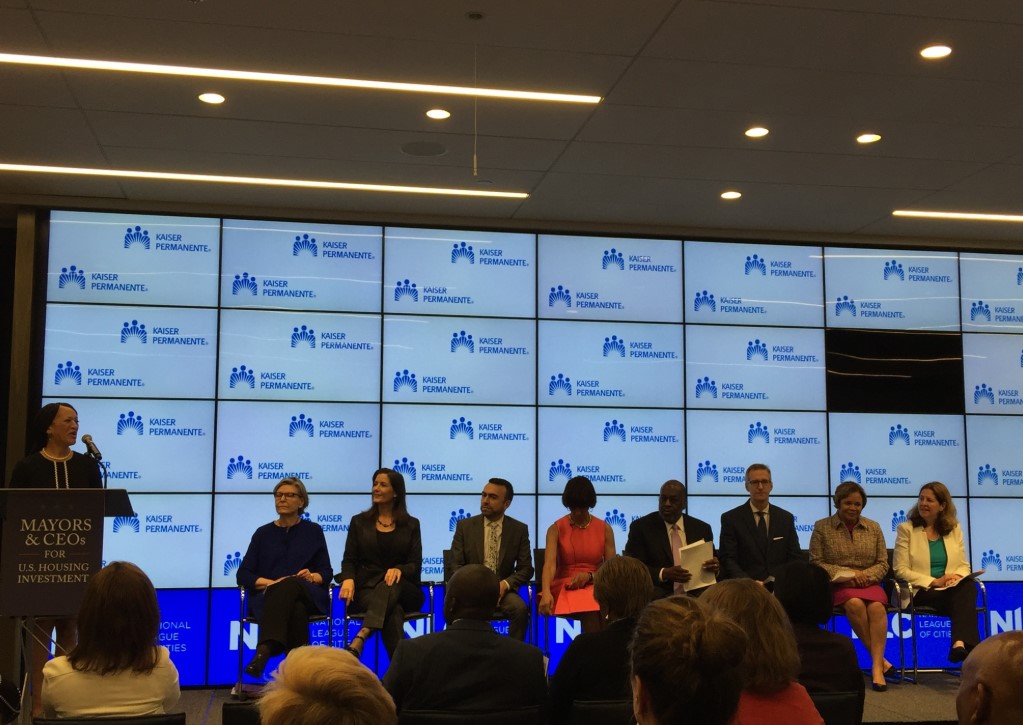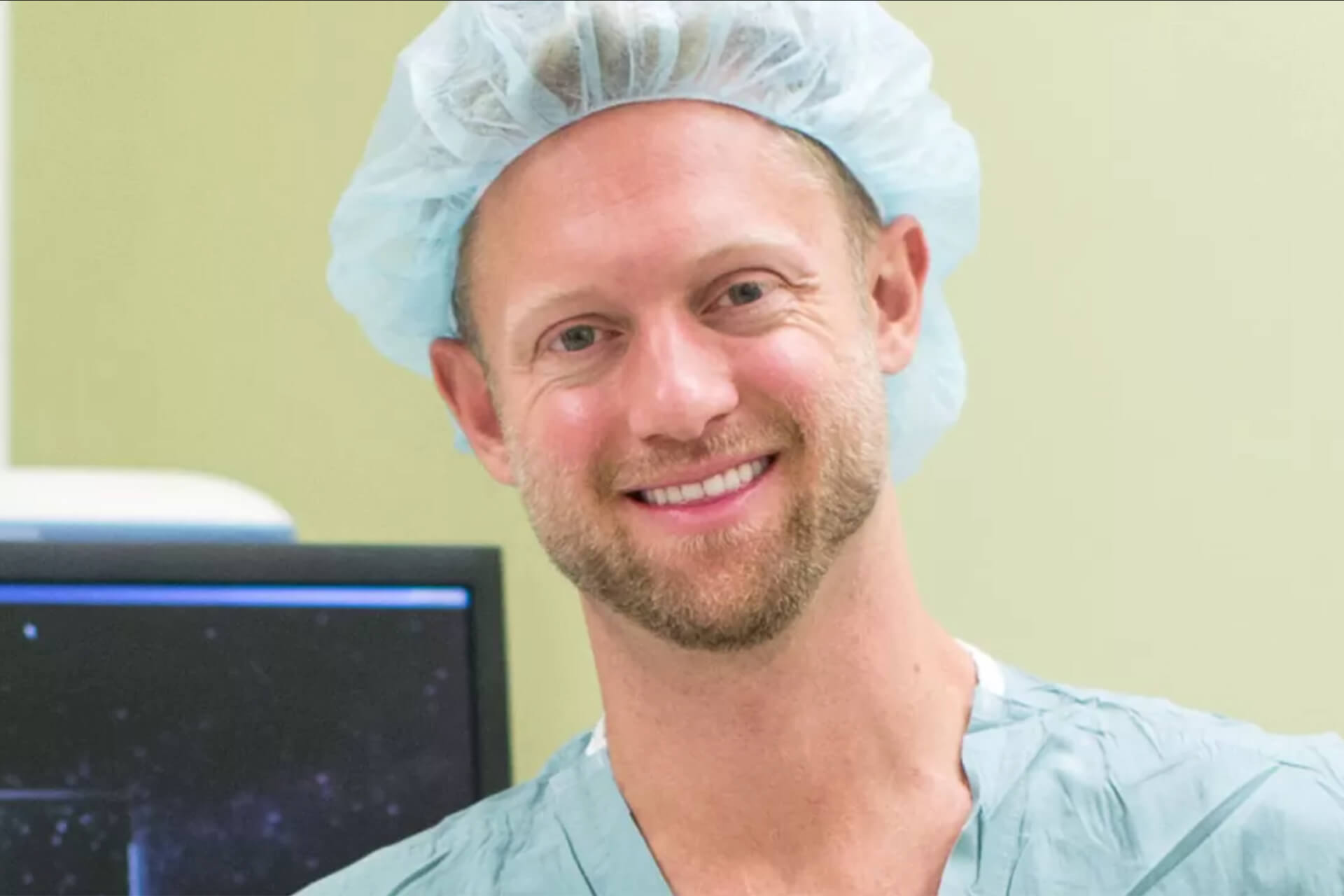Dr. Ameya Kulkarni is an interventional cardiologist with the Mid-Atlantic Permanente Medical Group.
No one wants to spend their days in a hospital room. For the more than 5 million people in America who live with heart failure, a hospital stay is an unfortunate fact of life. In fact, it is estimated that there are over 1 million hospitalizations for people with this condition every year. The burden on patients, their families and their communities is immense. And the cost of this care is so high that there is a currently a national focus on trying to drive down admissions to the hospital for heart failure.

So far, the ideas on how to solve this problem mostly treaded old paths – exchanging hospitalizations for more doctor office visits. We know that patients end up in the hospital when they fill with fluid. Signs of this fluid buildup (increased weight, decreased activity) usually show up well before the need for a hospitalization. Our solution so far has been to have patients come to the doctor’s office more frequently for weight and activity checks. Although cumbersome for both the patient and the clinical care team, at least coming to the doctor every week keeps these patients out of the hospital.
It does not, however, make patients happier. Although no one wants to be in a hospital, few long for frequent battles with traffic only to pay a copay and wait for a doctor to review their weight and activity and make a small medication adjustment.
The innovation team at the Mid-Atlantic Permanente Medical Group – the independent medical group that exclusively serves Kaiser Permanente members in Washington, D.C., Maryland, and Virginia – has a vision of using 21st century technology to keep a close watch on our patients without the burdens of the traditional face-to-face visit.
We know that an early signal that a patient with congestive heart failure (CHF) will land in a hospital is a decrease in activity or an increase in weight. So we are giving our patients connected monitors that measure these parameters and send them to the care team automatically. We do the rest. When patients are doing fine, we don’t bother them. But when we get a signal that things aren’t going so well, we can reach out to make an adjustment before the fluid retention gets out of hand.




